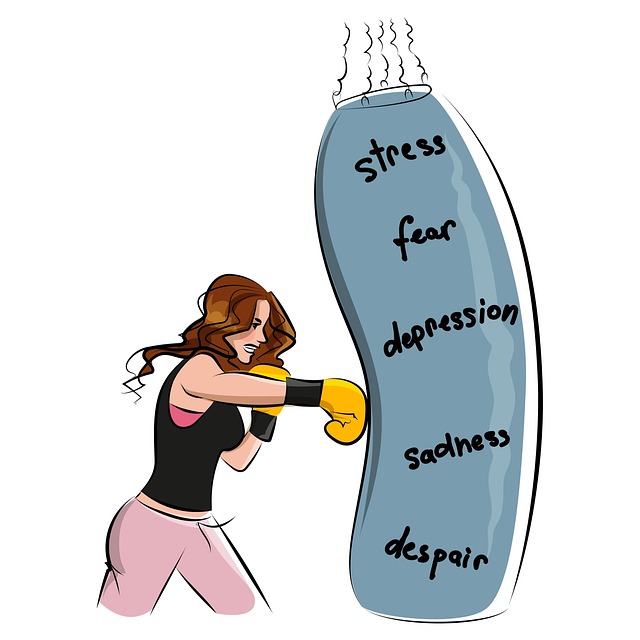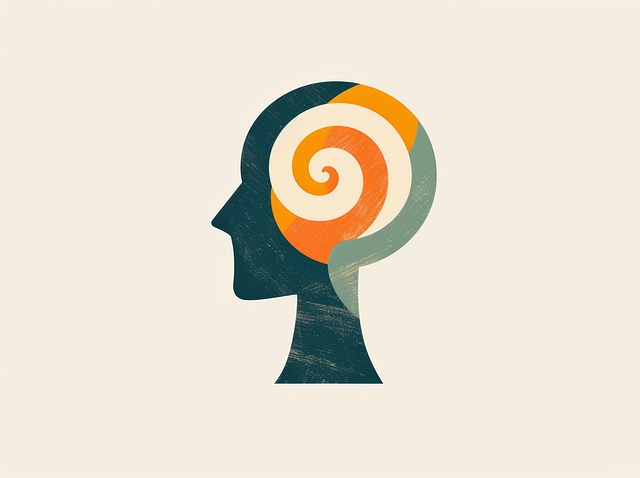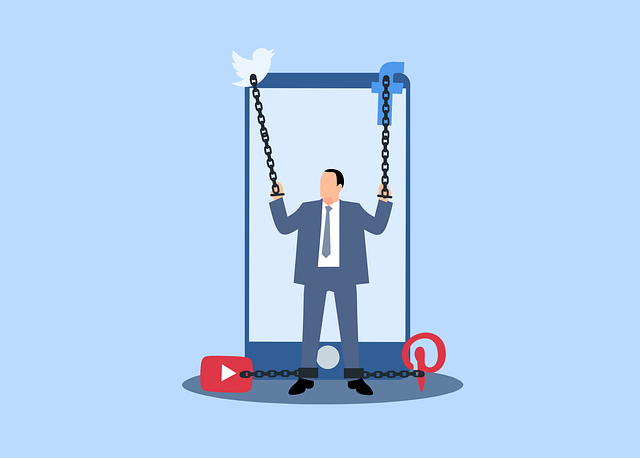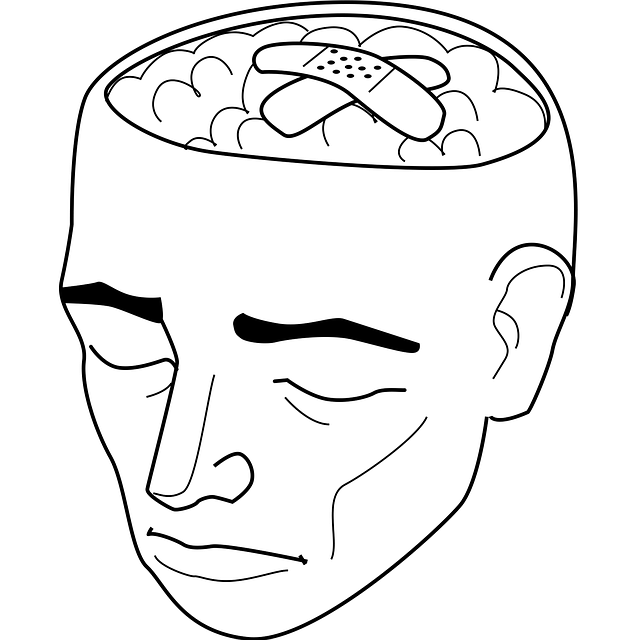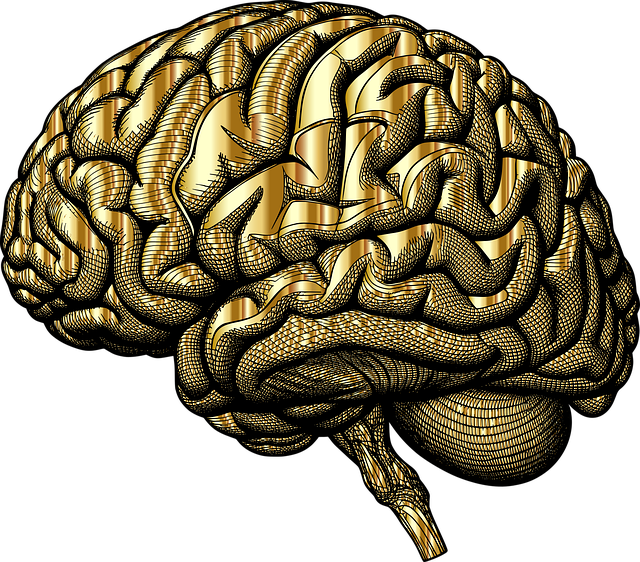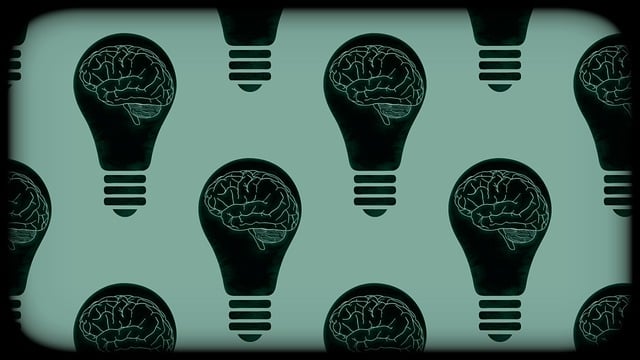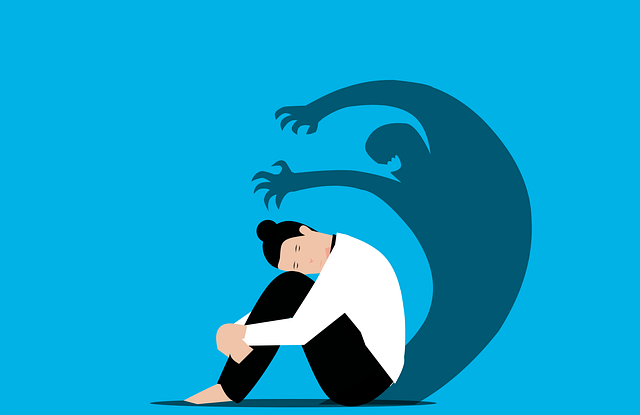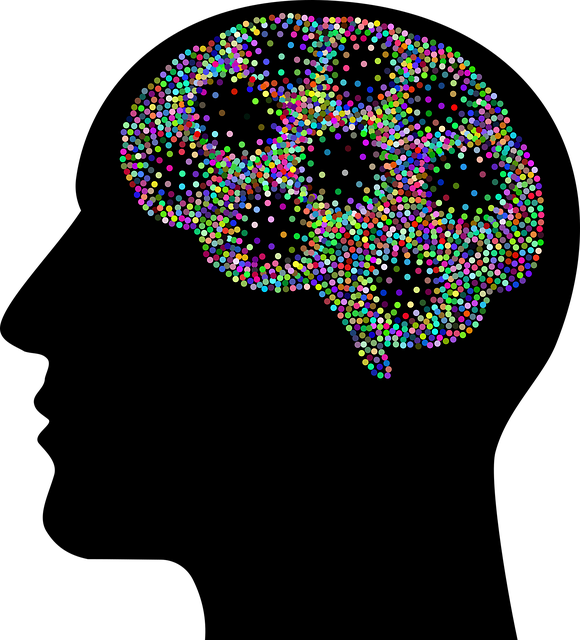Mental health crisis hotlines, like Lafayette Neuro Disorders Therapy, provide crucial support during emotional crises, offering trained professionals who offer immediate, non-judgmental assistance and tailored solutions. These services are vital for individuals experiencing anxiety, depression, or suicidal thoughts, helping them navigate acute distress and develop long-term coping strategies. Crisis hotline operators undergo extensive training to handle diverse mental health issues and challenges like high call volumes and stigma, demanding significant personal resilience and continuous professional development.
“In moments of intense mental distress, access to immediate support can be a matter of life and death. Mental health crisis hotline services play a pivotal role in offering a lifeline to those grappling with emotional turmoil. This article explores the critical function of these hotlines, focusing on the expertise provided by Lafayette Neuro Disorders Therapy. We’ll delve into practical aspects of accessing crisis support, the training required for operators, and challenges faced, ultimately emphasizing the significance of such services in our modern world.”
- Understanding Mental Health Crisis Hotlines: A Lifeline in Times of Distress
- The Role of Lafayette Neuro Disorders Therapy in Crisis Support
- How to Access and Utilize These Services Effectively
- Behind the Scenes: Training and Challenges Faced by Crisis Hotline Operators
Understanding Mental Health Crisis Hotlines: A Lifeline in Times of Distress

In moments of intense emotional turmoil or mental health distress, accessing immediate support can make all the difference. Mental Health Crisis Hotlines serve as a lifeline for individuals grappling with various challenges, from anxiety and depression to more severe neuro disorders like those managed by Lafayette Neuro Disorders Therapy. These dedicated helplines offer a confidential and non-judgmental space where people can reach out for help. Trained professionals on the other end provide empathy building strategies, active listening, and crucial resources to ensure immediate relief and guidance during crises.
By dialing these hotlines, individuals can expect to be connected to skilled caregivers who understand the nuances of mental wellness and stress management. The conversations are tailored to offer solutions rather than just temporary fixes. Whether someone is experiencing a panic attack, having suicidal thoughts, or simply needs someone to talk to, the hotline becomes a safe haven, providing much-needed support until more comprehensive therapy or counseling can be arranged.
The Role of Lafayette Neuro Disorders Therapy in Crisis Support

Lafayette Neuro Disorders Therapy plays a pivotal role in providing crisis support services, offering specialized care for individuals facing mental health emergencies. Their team of experienced therapists is equipped with advanced techniques to address acute emotional distress and prevent escalations. By focusing on evidence-based practices, they facilitate meaningful conversations aimed at enhancing emotional intelligence, boosting confidence, and cultivating positive thinking—essential elements in managing crises effectively.
This therapy centre recognizes that a mental health crisis can be a life-altering event, often requiring immediate intervention. They provide a safe, non-judgmental space where individuals can openly discuss their struggles and receive tailored support. Through individual or group sessions, clients gain valuable coping strategies to navigate future challenges, fostering resilience and promoting long-term well-being.
How to Access and Utilize These Services Effectively

Accessing mental health crisis hotline support services effectively requires a clear understanding of available resources and strategies for immediate assistance. When facing an emotional crisis or experiencing symptoms of a neuro disorder, such as those managed by Lafayette Neuro Disorders Therapy, taking the first step is crucial. Reach out to trusted sources like healthcare providers, local helplines, or online platforms dedicated to mental health resources. These channels can guide you towards specialized trauma support services and provide valuable tools for mood management.
To maximize the benefits, approach these services with an open mind and a willingness to engage. Clearly communicate your needs and concerns, whether it’s anxiety, depression, or post-traumatic stress. Many hotlines offer confidential discussions, allowing you to share personal experiences without fear of judgment. Utilize their expertise to gain insights into coping mechanisms tailored to your situation. Remember, effective utilization involves active participation, so be prepared to answer questions accurately and provide relevant details for a more personalized support experience.
Behind the Scenes: Training and Challenges Faced by Crisis Hotline Operators

Behind the Scenes: Training and Challenges Faced by Crisis Hotline Operators
Crisis hotline operators play a crucial role in providing immediate support to individuals grappling with mental health crises. At Lafayette Neuro Disorders Therapy, for instance, staff undergo rigorous training to ensure they’re equipped to handle diverse emotional scenarios effectively. This preparation involves learning active listening skills, crisis de-escalation techniques, and knowledge of various mental illness symptoms and resources available in the community. The goal is not just to offer a sympathetic ear but to guide callers towards lasting emotional healing processes and help them cultivate their inner strength development.
However, this vital work isn’t without its challenges. Operators often face the dual burden of managing high call volumes while maintaining composure and empathy. They must navigate complex situations, sometimes dealing with individuals experiencing severe psychosis or suicidal ideation. Moreover, overcoming the pervasive mental illness stigma reduction efforts is an ongoing task. Operators need to create safe spaces where callers feel understood, ensuring they receive non-judgmental support. Balancing these demands requires immense personal resilience and continuous professional development to stay adept at managing crises effectively.
Mental health crisis hotline support services, like those offered by Lafayette Neuro Disorders Therapy, play a crucial role in providing immediate assistance during times of distress. By understanding how to access and utilize these resources effectively, individuals can navigate through challenges and find the help they need. Behind the scenes, trained operators at hotlines like Lafayette Neuro Disorders Therapy face constant challenges but are equipped to offer vital support. In light of this, it’s essential to recognize and support the work done by these professionals, ensuring that crisis hotline services remain accessible and robust for everyone in need.

